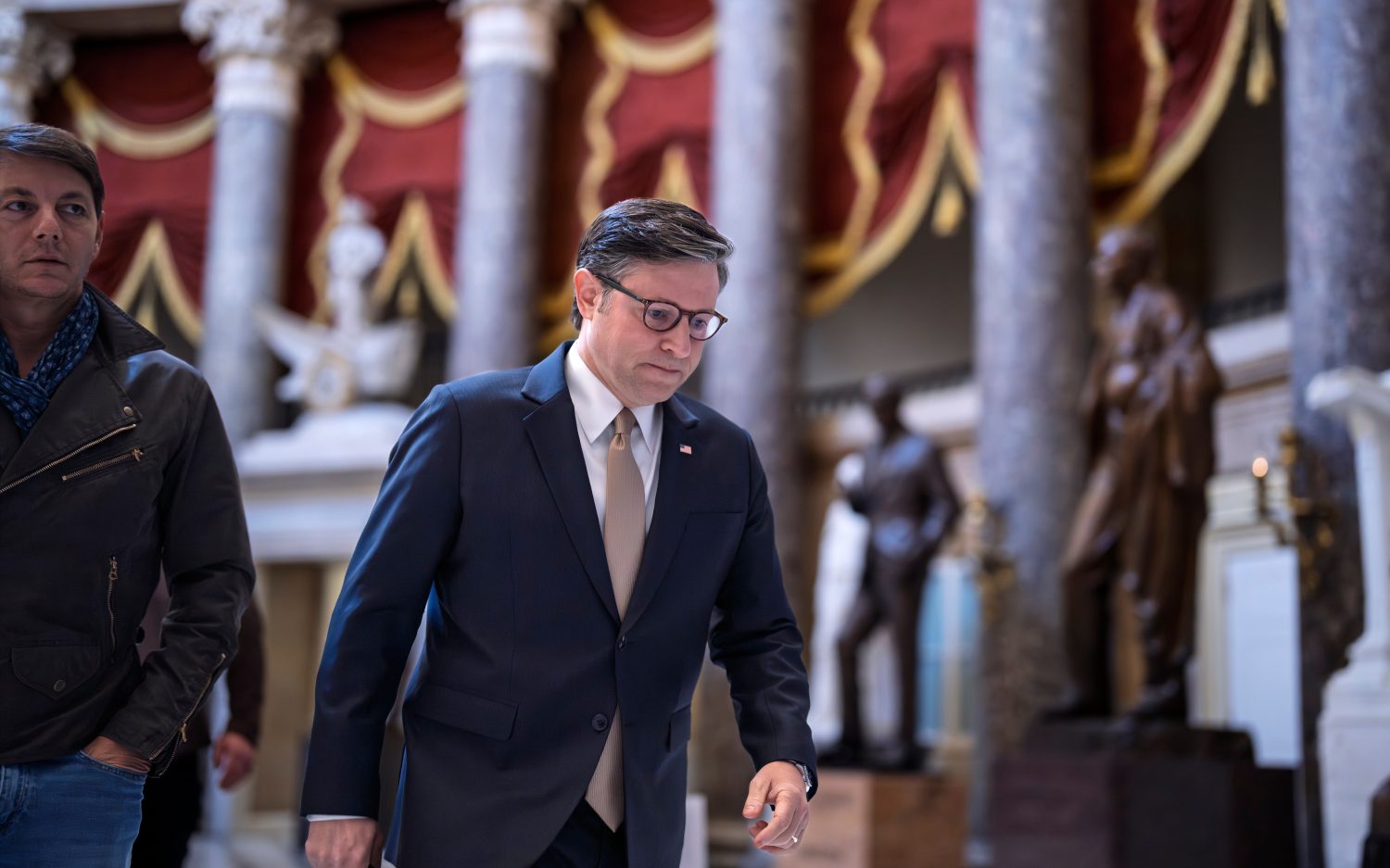Not for teens
Obama supports Sebelius' decision to restrict access to the morning-after pill
WASHINGTON-The Department of Health and Human Services took the unprecedented step of overruling the Food and Drug Administration Wednesday, banning over-the-counter sales of the "morning-after pill" to teenagers. President Obama said Thursday that he fully supported HHS Secretary Kathleen Sebelius' decision.
"With respect to the Plan B, I did not get involved in the process," Obama said. "This was a decision that was made by Kathleen Sebelius. I will say this, as the father of two daughters-I think it is important for us to make sure that we apply some common sense to various rules when it comes to over-the-counter medicine. And as I understand it, the reason Kathleen made this decision was she could not be confident that a 10-year-old or an 11-year-old … should be able, alongside bubble gum or batteries, be able to buy a medication that potentially, if not used properly, could end up having an adverse effect. And I think most parents would probably feel the same way."
The HHS decision to restrict the morning-after pill comes as hundreds of religious organizations are protesting new HHS guidelines that would force them to pay for coverage of contraceptives and abortifacients in their mandated insurance coverage. Obama has indicated that he may expand the religious exemption for that mandated coverage, an exemption that now applies almost solely to churches. The HHS rule about mandated coverage goes into effect in August 2012.
In this instance, pro-life groups had good things to say about HHS.
"AUL [Americans United for Life] was very pleased that the administration took the viewpoint that young girls need adult supervision for taking what is a dangerous drug," said group spokeswoman Kristi Hamrick. "It was a good decision, however AUL would encourage the administration to review much more broadly the healthcare guidelines … with those same sentiments. Presently the preventive care guidelines are calling abortion-inducing drugs contraceptives."
"It was a wise decision by HHS," said Sister Mary Ann Walsh, spokeswoman for the U.S. Conference on Catholic Bishops. "I'm not reading into it. It will certainly affect the parent and grandparent vote."
Sebelius explained her decision in a letter to the FDA Wednesday, saying there wasn't sufficient data on how the drug would affect girls on the youngest end of the spectrum who would have access to the pill.
"It is commonly understood that there are significant cognitive and behavioral differences between older adolescent girls and the youngest girls of reproductive age, which I believe are relevant to making this determination," Sebelius wrote.
Anyone age 17 or older can buy Plan B One-Step (the morning-after pill) over the counter, but now anyone under 17 must have a prescription. The drug, taken up to 72 hours after sexual intercourse, can prevent an embryo from implanting in the womb.
The FDA had sought to expand access to the pill to all ages, and FDA Commissioner Margaret Hamburg said her decision was based on "adequate and reasonable, well-supported, and science-based evidence." In response to the HHS letter overruling the FDA, Hamburg said the drug was "safe and effective" for women of all ages. Planned Parenthood said in a statement that it was "extremely disappointed" with the HHS decision.
The FDA was under pressure of a lawsuit to expand access to the drug. The Center for Reproductive Rights (CRR) had sued the FDA in 2005 to allow over-the-counter sales of Plan B to women age 17 and over. After the FDA began allowing those over-the-counter sales in 2009, the CRR amended its lawsuit to secure over-the-counter access to the drugs for those under 17. (The Plan B drugmaker, Teva Pharmaceutical, unsurprisingly supports expanding over-the-counter sales to those under 17.) In 2009, a district judge ordered the FDA to reconsider whether to expand access to the drug to minors. A hearing on CRR's lawsuit is scheduled for Dec. 13, which will determine whether the FDA is in contempt of court for not expanding over-the-counter access to the drug more quickly. The CRR was apoplectic at Sebelius' decision.
"Six years ago, we sued the Bush administration for rejecting science and playing politics with women's health by denying emergency contraception for over-the-counter sale," said Nancy Northup, CRR's president in a statement. "We are stunned to see the same behavior from the Obama administration."
Listen to a report on the restrictions on the morning-after pill on WORLD's radio news magazine The World and Everything in It.
An actual newsletter worth subscribing to instead of just a collection of links. —Adam
Sign up to receive The Sift email newsletter each weekday morning for the latest headlines from WORLD’s breaking news team.





Please wait while we load the latest comments...
Comments
Please register, subscribe, or log in to comment on this article.